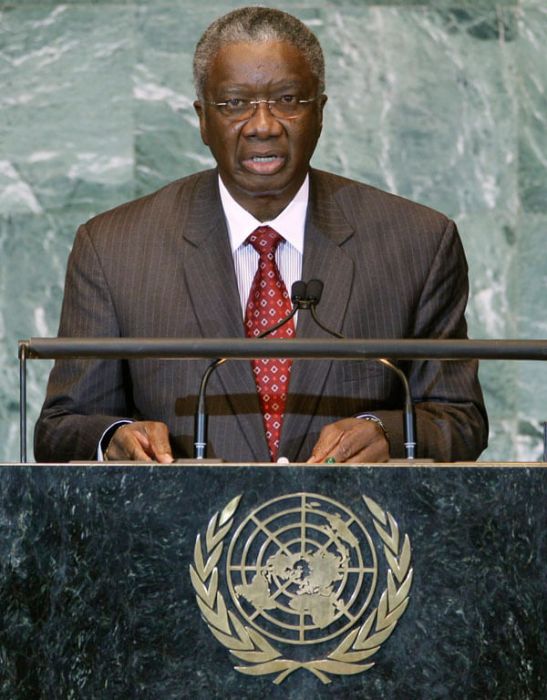Two International Monetary Fund (IMF) economists say despite the ongoing global slowdown, Suriname has put in place a strong, homegrown adjustment program that is helping to turn around its economy.
Gamal El-Masry and Mario Mansilla, of the Washington-based financial institution’s Western Hemisphere Department, noted on Jan.11 that a recent IMF conference paper reviews the measures taken by the Suriname authorities and highlights the country’s key achievements – a unified foreign exchange market, price stability, and significant fiscal gains.
The economists said the Caribbean Community (CARICOM) country’s recent experience with macroeconomic stabilization also presents a “positive example for the Caribbean region of how meaningful and comprehensive adjustment is possible, provided that it is well designed, properly sequenced, and implemented by the government with commitment and resolve.”
The three-day conference, hosted by the Central Bank of Suriname, focused on the Caribbean’s challenges and policy options.
According to the IMF’s most recent assessment of Suriname’s economy, economic activity remains strong, and inflation pressures have abated considerably.
Suriname is estimated to have grown by 4 percent in 2012, buoyed by the oil and gold sectors, as well as public investment, the IMF said.
El-Masry and Mansilla said Suriname was not completely immune from the global financial crisis.
Following a period of fast growth and favorable commodity prices, they said the recent crisis impacted Suriname primarily through the trade channel.
The economists said Suriname is highly dependent on three commodities: gold, oil, and alumina. Together, they account for about 95 percent of total exports.
During 2008–09, El-Masry and Mansilla said Gross Domestic Product (GDP) growth slowed due to weaker external demand and international price declines.
At the same time, they said the fiscal position deteriorated markedly—tax collections fell and spending surged, mainly on wages.
“In effect, fiscal policy played a countercyclical role,” the economists said. “Loose monetary policies accommodated the resulting deficit.”
In early 2010, pressures from higher international food and fuel prices pushed up headline inflation to double digits.

























